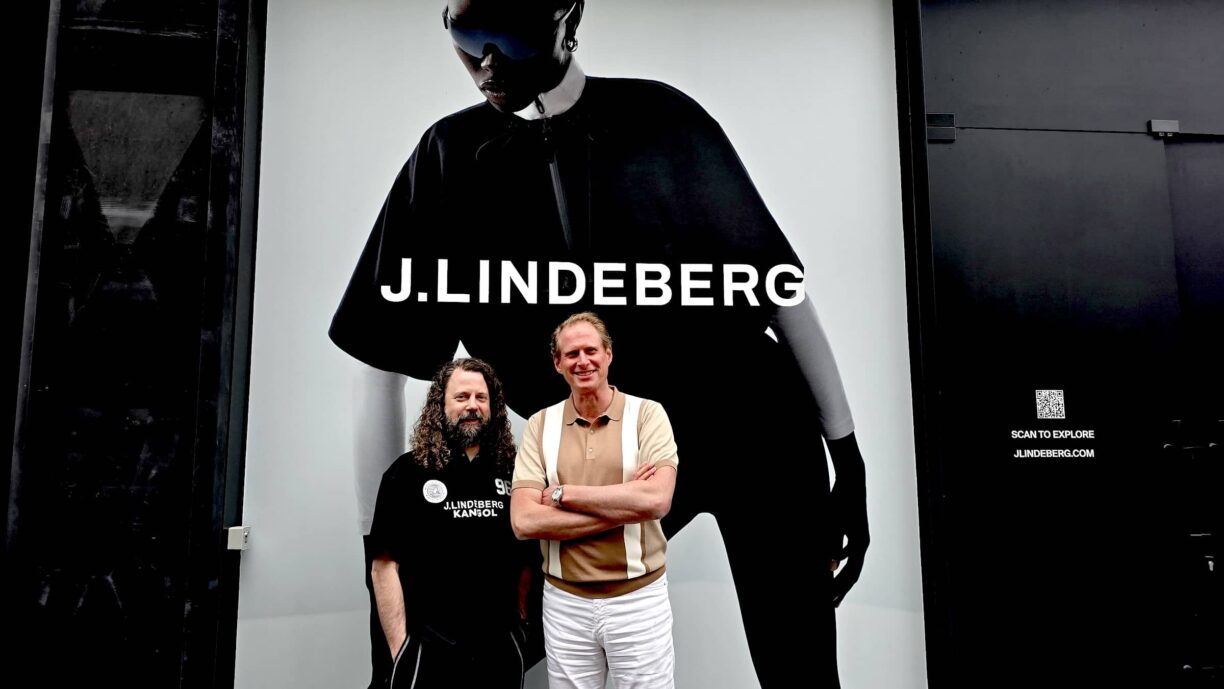Dan Walker has announced he is the latest presenter to leave the BBC following a string of high-profile departures for the broadcaster, including Jon Sopel and Emily Maitlis.
Walker, who has hosted BBC Breakfast since 2016, is leaving to join 5 News at Channel 5, replacing Sian Williams.
In a video message on Twitter, he said it was a “massive decision” because he loves the breakfast show, but added this was a rare opportunity and he “can’t wait”.
But, how do you know when it’s time to make that “massive decision” for yourself, and take a leap of faith into the next chapter of your career?
Here are five signs you could be ready to move on from your job…
1. You dread Mondays
Spending your Sunday nights stressing and despairing about work the next day? It’s natural to be a little anxious or apprehensive about the week ahead, and maybe sad the weekend is over.
But routinely getting distressed and experiencing full-on existential dread every time a new work week comes around might be a warning sign.
Talia King, head of product for HR tech company Connectr, says “overwhelming Sunday-night dread can be a sign that the job you are doing might not be the right fit for you. It is a normal feeling, but do listen to your emotions if they are telling you something may need to change.”
2. You feel undervalued or underutilised
Is your hard work continually going unnoticed? Maybe you are putting hours into projects that get scrapped at the last minute, or your superior always takes credit for.
Or maybe you feel you’re not being challenged enough or trusted to get on with things? Feeling valued, and that your skills and experience are being utilised to the best of your ability are important.
“If you’ve spoken to your boss about more variety, different roles within the organisation and a better set of working conditions or reward package and nothing has been done, then you may decide it’s time to go elsewhere,” says
Desiree Anderson, HR specialist and MD of Crest Leadership Coaching.
3. You feel burned out
We chuck the term ‘burnout’ around a lot these days, but it can be a great indicator of your professional wellbeing.
If you are exhausted, frustrated and grumpy a lot of the time, you might be suffering from workplace burnout.
“You might be experiencing stress symptoms, such as lack of sleep and constant worry about aspects of work, or lack of work-life balance,” says Anderson.
“If you are anxious about someone you work with or fearful about an aspect of the culture, it’s time to examine why and perhaps make a plan to exit.”
King adds that “being aware of your own nature is really important for recognising burnout. For example, I personally love a good cry, it’s a great stress-reliever for me, whereas for others it could be a sign that you are starting to experience burnout,” she explains.
“If you are experiencing any of the feelings above, flagging with your manager and relevant HR representative is important, as they can help you tackle this feeling and potentially provide time off.”
4. You’ve reached the end of the line with progression
You’re in a role you worked hard for, but the role above you, your boss’ job, is no longer of interest to you (or doesn’t seem like it’ll be available any time soon). Do you stay because you’re comfortable, even if there is now a ceiling on your professional development?

“There is nothing wrong with staying in a role you are comfortable with, if you find that you are happy in the environment and you feel valued for what you do and are paid what you are worth,” says Anderson.
But, if being comfortable forever isn’t for you and it’s progress you are looking for, it may be time to start seeing what other opportunities are out there.
5. You are not earning as much as you’d like
Money is by no means everything when it comes to your job. But being able to afford the lifestyle you want, or even just make ends meet as the cost of living continues to rise is really important.
“When your pay, benefits and working conditions are out of sync with what you feel you are worth, it may be time to look at alternatives,” says Anderson. “Your work and career needs to be in flow with how you see yourself and your life in the future.”





